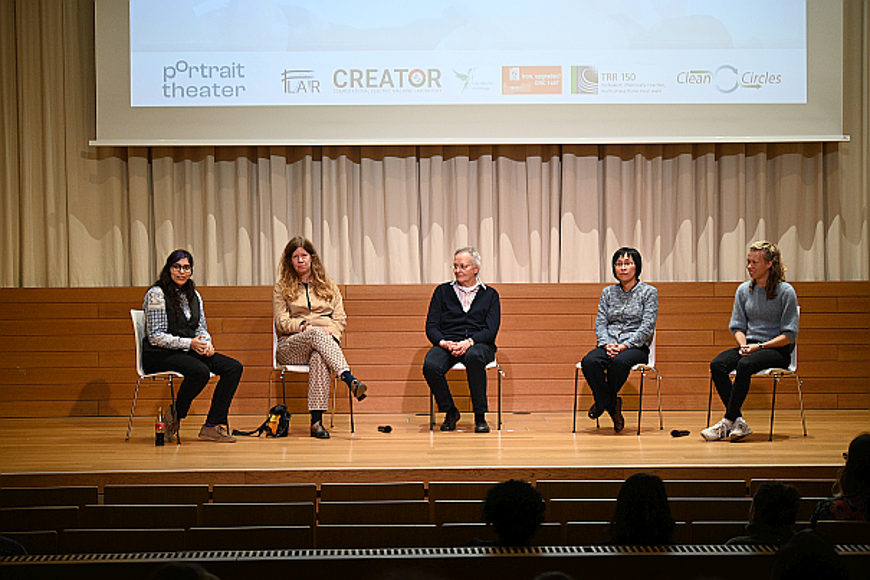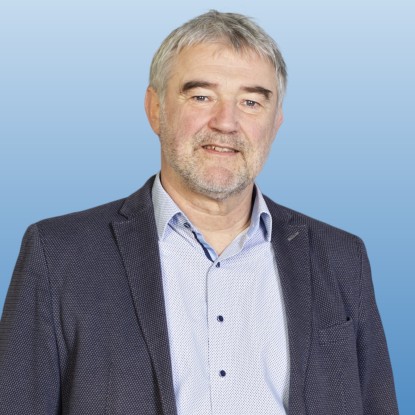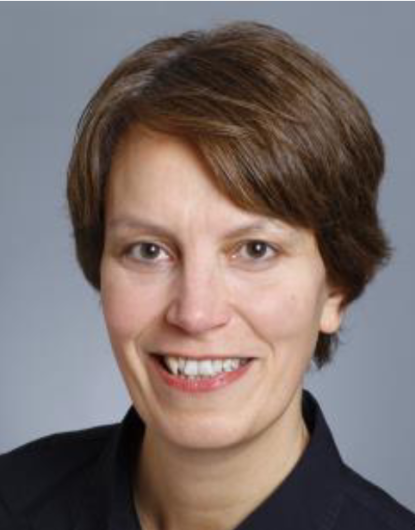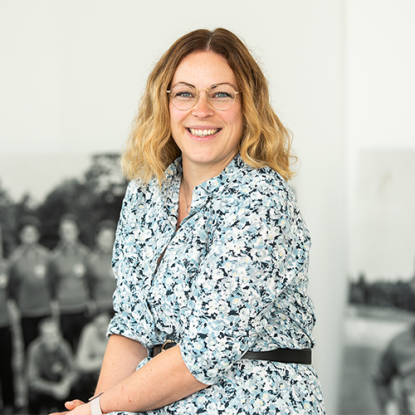Equality in the course of time: Joint theatre and discussion event
Collaborative research networks from TU Darmstadt organize a joint gender equality event
2024/11/07
On October 30, 2024, approx. 100 spectators accepted the invitation of the six collaborative research networks Clean Circles, TRR 150, CRC 1548, TRR 270, CRC 1487 and TRR 361 to the Wilhelm-Köhler-Saal at TU Darmstadt to see the play Curie_Meitner_Lamarr_indivisible, performed by the Portraittheater Vienna.
The theatre play showed the lives of Marie Curie, Lise Meitner and Hedi Lamarr, three outstanding researchers, and shining examples for the achievements of women in science. Under the direction Sandra Schüddekopf, actress Anita Zieher brought to live the three different personalities and gave insights into their characters and careers. All three had in common the ambition to achieve great things. All three were fearless in face of innovation and the technical and scientific world, which was usually closed to women at this time, and all three were driven by their unstoppable passion for technology and science, which encouraged them to counteract the social norms of these days.
Unstoppable passion for science and technology
The three women succeeded in standing up against open rejection in an almost exclusively male world – a task they had to manage in addition to their complex scientific work, family obligations, and the political events of two world wars. All three succeeded in convincing the most outstanding scientists of their time of their expertise and in being accepted as collaboration partners.
All three women had their maxim which characterizes them. Marie Curie's principle was to not allow anyone or anything to pull her down, neither people nor events. Lise Meitner's was driven by her wholehearted love for physics. Hedy Lamarr was convinced that creative people would always come up with the unexpected, a principle that applied extremely well to her: as an actress, she was considered an outsider to the world of technics, yet her invention is the foundation of today's encryption technology. This was indeed completely unexpected – especially a woman at that time.
Panel discussion with female TU scientists
We don’t see open rejection of women in science and technology today in the same way as hundred years ago. But how exactly is the situation today for woman in the field of science and technology? Where do we currently stand with regards to gender equality? Are there problems from earlier times which still persist? These were the starting questions for the panel discussion which followed the theatre play after a short break. Panellists were: Sandra Schüddekopf, director of the play; Felicitas Pfeifer, Professor Emeritus of Biology; Bai-Xiang Xu, Professor of Materials Science; and Antje Vahl, PhD-student in Mechanical Engineering. The discussion was moderated by Dr. Laura D'Angelo from the Equal Opportunities Team of the Department of Electrical Engineering and Information Technology.
The three TU members on the panel all work in natural sciences and engineering – although at different career stages, from recent Master's graduate over young professor up to emeritus professor. Thus, perspectives from different career levels and the perspective of developments over time could be considered in the discussion. Questions from the audience were also included. A conclusion all panelists agreed to was that networks, personal recommendations or mentoring from established personalities in the respective field are just as important today as they were back then. It was discussed that many female scientists and engineers feel the need to prove their expertise even more today, in face of measures against the underrepresentation of women. Women often face more detailed questioning in job interviews than men. Although we are on the right track and have achieved a lot of progress, it remains the task of every person in science and engineering to act as a role model, even on a small scale. This applies to all kind of situations: as a researcher, as a member of a selection committee, as a decision-maker or when dealing with team members, students or doctoral candidates. This will enhance the positive development and at one point, gender equality events like this one may become redundant. This would however be regrettable in some respects, as the audience really enjoyed the inspiring cultural event. The three principles of Marie Curie, Lise Meitner and Hedy Lamarr are certainly just as helpful today as they were then.







